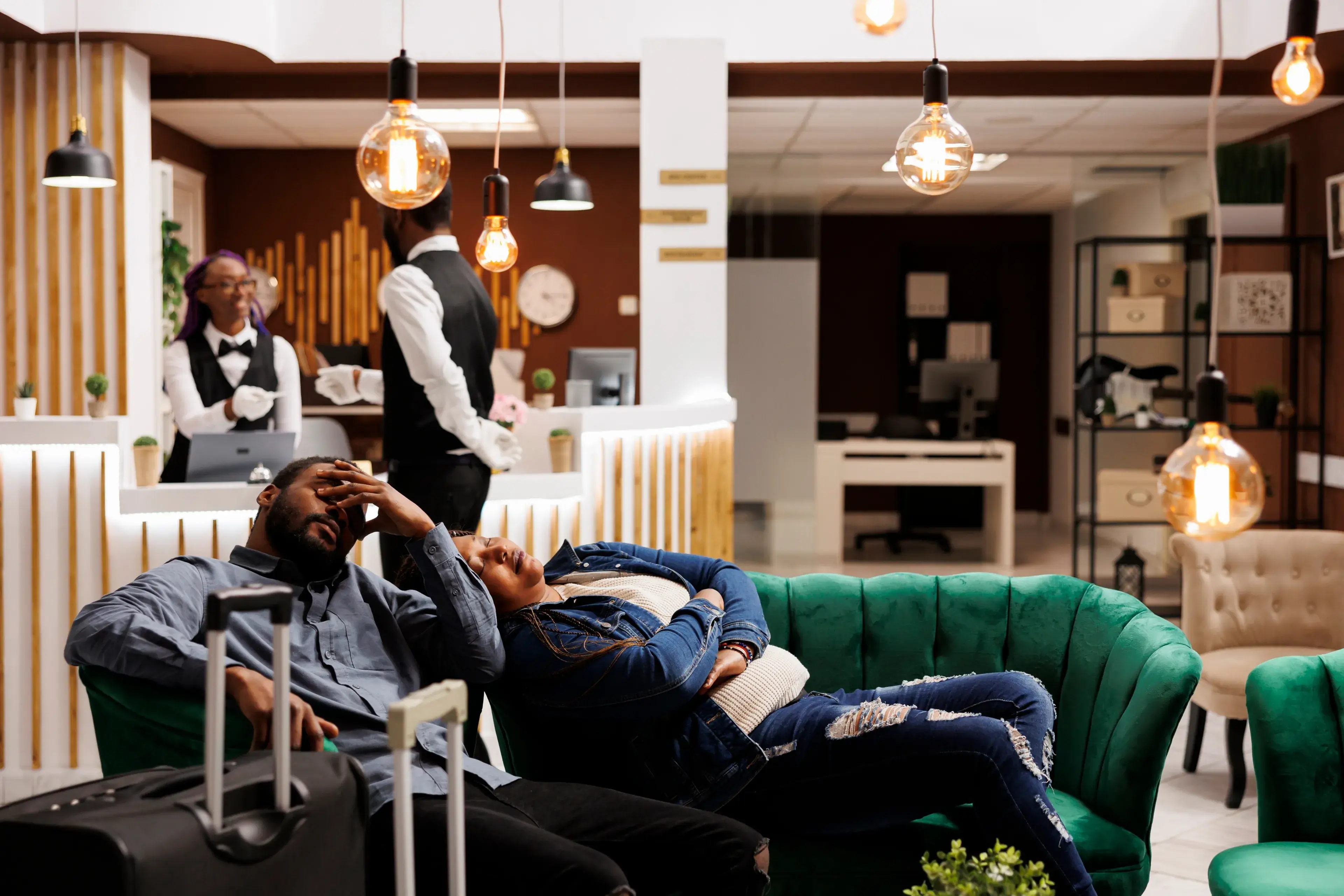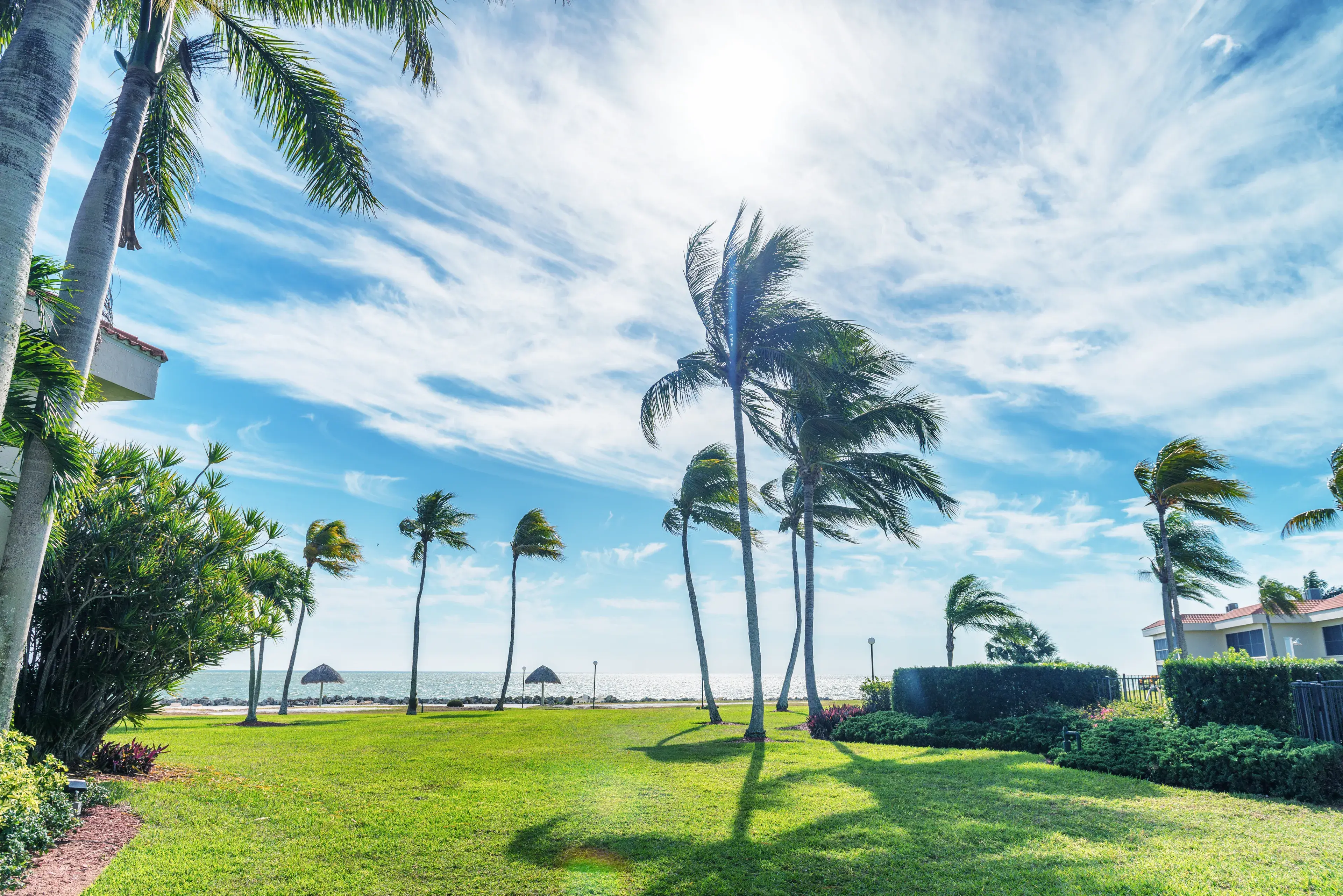
시차로 인해 신나는 여행이 졸음과 방향 감각 상실로 바뀔 수 있습니다. 하지만 올바른 전략을 세운다면 시차로 인한 영향을 최소화하고 해외에서의 시간을 최대한 활용할 수 있습니다. 이 가이드는 전문가의 조언과 과학적 인사이트를 바탕으로 시차 적응을 극복하고 여행 중 집중력을 유지하는 데 도움이 되는 정보를 제공합니다.
시차 적응에 대한 이해
시차적응은 단순한 피곤함을 넘어 생물학적 현상입니다. 록펠러 대학교의 연구원 소피아 액셀로드는 우리 몸에는 거의 모든 세포에 내부 시계가 프로그래밍되어 있다고 설명합니다. 이러한 시계는 24시간의 빛과 어둠 주기에 따라 설정됩니다. 시간대를 빠르게 넘나들면 우리 눈은 예상치 못한 시간에 일광 신호를 받아 내부 시계에 혼란을 일으킵니다.
비행 전 전략
시차 적응을 위한 준비는 이륙 전부터 시작됩니다. 노섬브리아 대학교의 생체리듬 전문가인 말콤 폰 샨츠는 전략적으로 항공편을 예약할 것을 권장합니다. 유럽에서 북미로 여행하는 경우 낮 시간대 항공편이 이상적입니다. 저녁에 착륙하기 때문에 새로운 시간대에 맞춰 적절한 수면을 취할 수 있기 때문입니다.
폰 샨츠는 가능하면 에어버스 A350이나 보잉 787 드림라이너와 같은 최신 기종으로 비행하는 것도 추천합니다. 이러한 비행기는 보다 편안한 기내 분위기를 유지하여 여행의 피로를 줄일 수 있습니다.
기내 전술 ## 기내 전술
비행 중에는 특정 행동이 착륙 시 기분에 큰 영향을 미칠 수 있습니다. 전문가들은 일반적으로 탈수와 수면 장애를 악화시킬 수 있는 알코올과 카페인을 피하고 물을 충분히 마실 것을 권장합니다.
도착 기술
착륙 시 빛에 노출되는 것은 신체 시계를 재설정하는 데 중요한 도구가 됩니다. 옥스퍼드 대학교 교수이자 일주기 리듬에 관한 저술가인 러셀 포스터는 빛의 중요성을 강조합니다. 아침 햇빛은 생체 시계를 앞당기고 저녁 햇빛은 생체 시계를 늦추기 때문에 타이밍이 매우 중요합니다. 여행자는 여행 방향에 따라 빛에 노출되는 시간을 조절하여 생체시계에 빠르게 적응할 수 있도록 해야 합니다.
멜라토닌 보충제가 도움이 될 수 있지만 국가마다 판매 여부가 다릅니다. 예를 들어 영국과 프랑스에서는 처방전이 필요합니다. 폰 샨츠는 처방전 없이 구입할 수 있는 멜라토닌을 전략적인 빛 노출과 함께 사용하면 최적의 결과를 얻을 수 있다고 말합니다.
이동 시간 극대화
포스터는 출장자에게 중요한 행사 하루나 이틀 전에 도착하라고 조언합니다. 시차로 인해 의사 결정, 공감 능력, 멀티태스킹 능력이 저하될 수 있다는 점을 고려할 때 이러한 완충 시간을 통해 적응할 수 있는 시간을 확보하는 것이 중요합니다.
여행객들도 주의를 기울여야 합니다. 포스터는 낯선 곳에서 운전하는 등 집중력이 필요한 활동을 하기 전에 충분한 수면을 취할 것을 권장합니다.
카페인 전략
이상적이지는 않지만 포스터는 커피를 대체 전략으로 사용하는 것을 인정합니다. "카페인은 시차로 인해 느낄 수 있는 졸음과 인지 장애를 극복하는 데 도움이 됩니다."라고 그는 말합니다. 하지만 이 전략은 나중에 수면을 방해할 수 있으므로 신중하게 사용해야 합니다.
이러한 근거에 기반한 전략을 활용하면 시차로 인한 영향을 최소화하고 해외에서의 시간을 최대한 활용할 수 있습니다. 시차 적응에는 시간이 걸리며 개인마다 반응이 다르다는 점을 기억하세요. 시차적응을 효과적으로 관리하려면 몸에 귀를 기울이고 인내심을 유지하는 것이 중요합니다.


모험 여행
바르셀로나는 여행객에게 안전한가요?
2024년 7월 22일

모험 여행
허리케인 헬레네 접근: 플로리다 테마파크 방문객이 알아야 할 사항
2024년 9월 25일

모험 여행
직원의 몰래 카메라 사기로 법적 문제에 직면한 크루즈 라인
2024년 10월 18일


